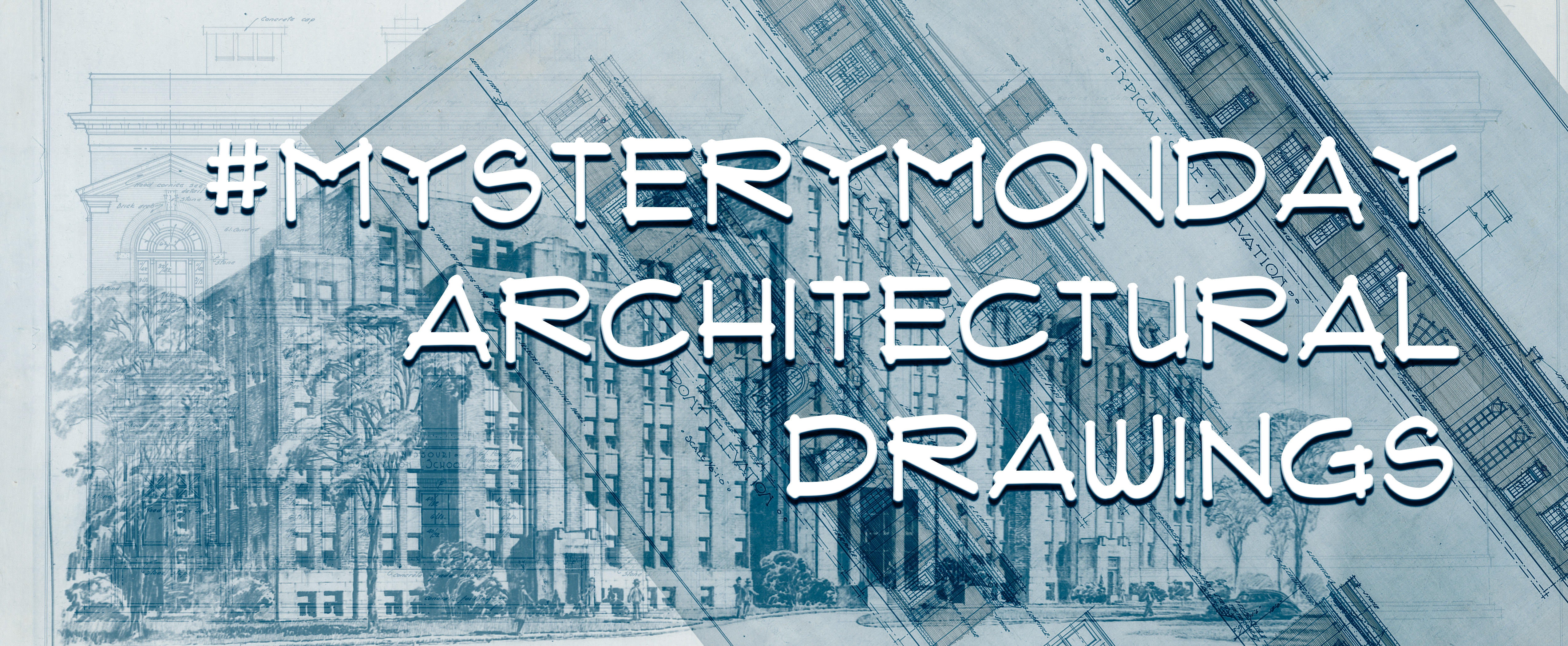Items
Tag
Lifestyle
-
 Community of Song: Latin Music in Sharing Identity and Promoting Cultural Humility In this video, Colombian-Canadian singer-songwriter Gerry Rozo, through a retelling of his personal experiences, explores the role of music in cultural identity and community-building. He discusses his journey to Canada, the progression of his music career, his thoughts on cultural humility in Canadian society, and the ways in which he believes music can be a conduit for both the preservation of cultural identity and promotion of intercultural communication.
Community of Song: Latin Music in Sharing Identity and Promoting Cultural Humility In this video, Colombian-Canadian singer-songwriter Gerry Rozo, through a retelling of his personal experiences, explores the role of music in cultural identity and community-building. He discusses his journey to Canada, the progression of his music career, his thoughts on cultural humility in Canadian society, and the ways in which he believes music can be a conduit for both the preservation of cultural identity and promotion of intercultural communication. -
 Maintaining Japanese identity: Life as a Canadian immigrant and Mother The video explores the life of Chigusa Peters who is a new Japanese immigrant to London, Ontario and also a mother of three daughters. During the interview, Chigusa first talks about her own identity and the difficulties she encountered in adapting to Canadian culture. She also discusses the differences between life in Canada and life in Japan. In the hopes of passing on Japanese traditions to her daughters, she takes them to karate classes every Monday and Wednesday, and to the Japanese language school every Saturday morning. The video ends with her talking about which aspects of Japanese culture she hopes her kids will be able to learn through these activities.
Maintaining Japanese identity: Life as a Canadian immigrant and Mother The video explores the life of Chigusa Peters who is a new Japanese immigrant to London, Ontario and also a mother of three daughters. During the interview, Chigusa first talks about her own identity and the difficulties she encountered in adapting to Canadian culture. She also discusses the differences between life in Canada and life in Japan. In the hopes of passing on Japanese traditions to her daughters, she takes them to karate classes every Monday and Wednesday, and to the Japanese language school every Saturday morning. The video ends with her talking about which aspects of Japanese culture she hopes her kids will be able to learn through these activities. -
 Integrating Japanese Culture into Canada In this portrait, Keiko Yano talks about the different aspects of the Japanese culture being adapted to Canada such as Girl’s Day and tea ceremony. She explains her participation in the community and her wish to keep the culture alive within her daughters. Keiko’s daughter, Erika, then briefly explains why she continues to learn the Japanese language. After that Keiko’s husband, Chris, describes the significance of Buddhism practices to him and discusses the activeness of the Japanese community in London. The portrait then ends with Keiko expressing her renewal of self and deeper appreciation in the Japanese culture by coming to Canada.
Integrating Japanese Culture into Canada In this portrait, Keiko Yano talks about the different aspects of the Japanese culture being adapted to Canada such as Girl’s Day and tea ceremony. She explains her participation in the community and her wish to keep the culture alive within her daughters. Keiko’s daughter, Erika, then briefly explains why she continues to learn the Japanese language. After that Keiko’s husband, Chris, describes the significance of Buddhism practices to him and discusses the activeness of the Japanese community in London. The portrait then ends with Keiko expressing her renewal of self and deeper appreciation in the Japanese culture by coming to Canada. -
 The German Democratic Republic: Before and Beyond This project is an interview with Dr. Nina Rosenbusch, a woman born in the German Democratic Republic (GDR). Rosenbusch was only a teenager when the Berlin Wall fell down in 1989 and so she is part of the generation of Germans who came into adulthood in the newly reunified Germany. This interview seeks to understand the legacy of the GDR’s culture for the citizens of modern Germany. In particular, the discussion focuses on the generation of Rosenbusch’s parents who only knew Germany as two separated states, unlike the generation of Rosenbusch’s grandparents who were able to remember a previously unified Germany. The involvement of the state in daily life is also discussed, with a focus on the German secret police service, called the Stasi. As Rosenbusch’s family did not protest against the state, they were not as affected as some individuals but were nonetheless limited in what they could do and say. Ultimately, the German Reunification was and is very popular in the former GDR, although there are still slight cultural differences and difficulties for those who lived most of their lives before 1989.
The German Democratic Republic: Before and Beyond This project is an interview with Dr. Nina Rosenbusch, a woman born in the German Democratic Republic (GDR). Rosenbusch was only a teenager when the Berlin Wall fell down in 1989 and so she is part of the generation of Germans who came into adulthood in the newly reunified Germany. This interview seeks to understand the legacy of the GDR’s culture for the citizens of modern Germany. In particular, the discussion focuses on the generation of Rosenbusch’s parents who only knew Germany as two separated states, unlike the generation of Rosenbusch’s grandparents who were able to remember a previously unified Germany. The involvement of the state in daily life is also discussed, with a focus on the German secret police service, called the Stasi. As Rosenbusch’s family did not protest against the state, they were not as affected as some individuals but were nonetheless limited in what they could do and say. Ultimately, the German Reunification was and is very popular in the former GDR, although there are still slight cultural differences and difficulties for those who lived most of their lives before 1989.
